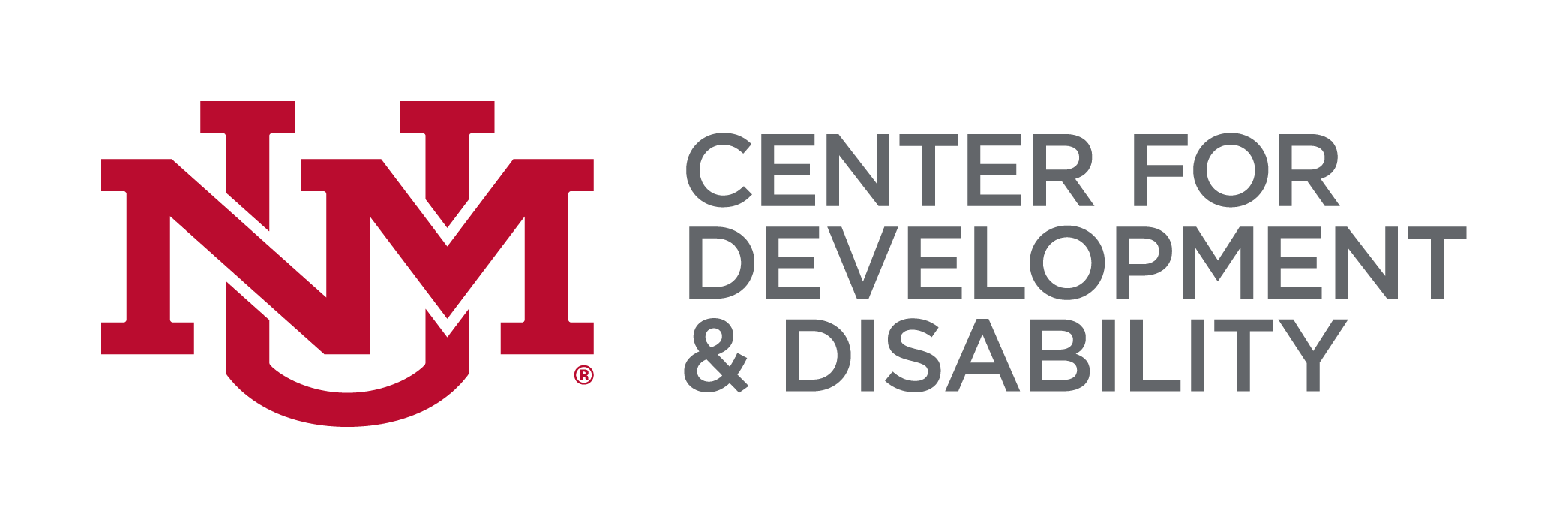Autism Spectrum Disorder (ASD) refers to a group of disorders that are characterized by differences in social communication and restricted and repetitive behaviors. These are present in varying degrees in individuals; criteria for ASD is outlined in the Diagnostic and Statistical Manual of Mental Disorders, 5th Edition (DSM-5). For more information about ASD, you can check out the following resources:
Advocacy Resources:
CDD Programs for Adults:
